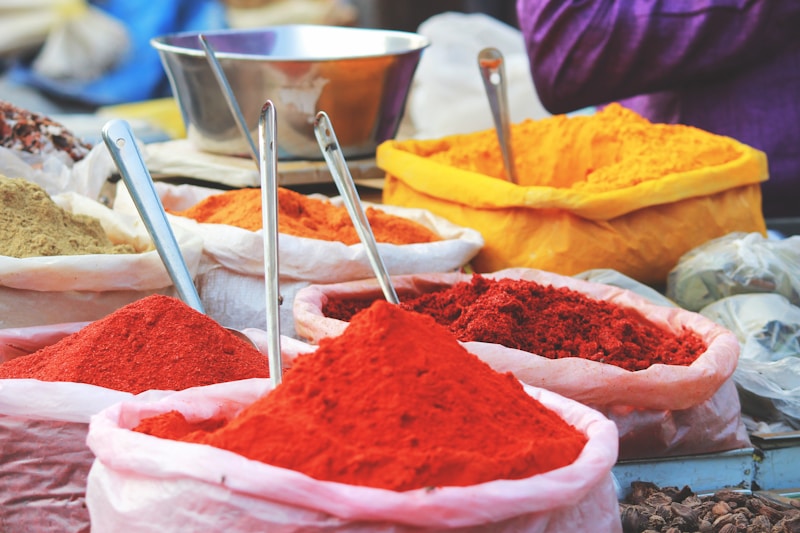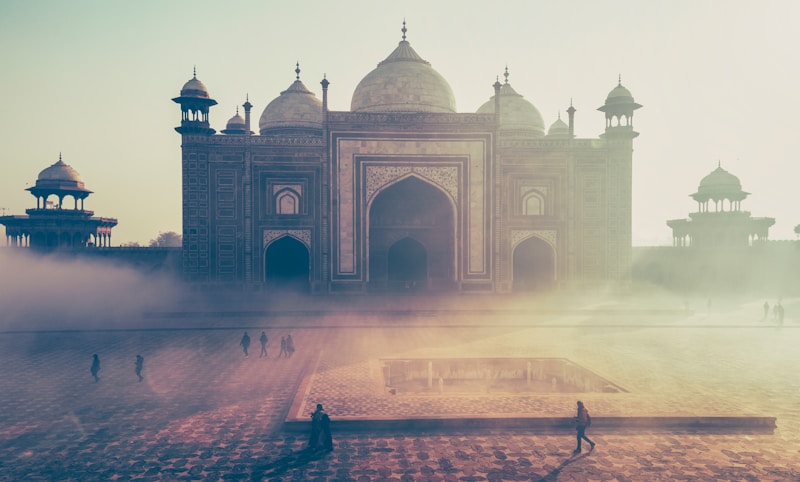Questions and Answers
Which religion originated in the Punjab region in the 16th century?
Sikhism
What principles is Sikhism centered around?
Earning an honest living, sharing earnings, and meditating
During which period did the Mauryan Empire unite most of South Asia?
3rd century BCE
Which religion emphasizes nonviolence, harmony, and liberation?
Signup and view all the answers
What event marked India gaining independence from British rule?
Signup and view all the answers
What is the significance of the Gangetic plain in India?
Signup and view all the answers
Which region in India is characterized by the arid Rajasthan desert?
Signup and view all the answers
How do India's monsoons impact the country's geography and economy?
Signup and view all the answers
Which religions coexist in India according to the text?
Signup and view all the answers
Which Indian region is known for being home to the Great Rann of Kutch?
Signup and view all the answers
Study Notes
Discovering India: Geography, Religions, and History
India, the world's second-most populous country, spans a breathtakingly diverse landscape with a rich history and cultural fabric. Exploring this vast nation's geography, religions, and history offers an incredible journey through time and space, revealing the layers of influence that have shaped modern India.
Geography
Stretching over 3.2 million square kilometers, India's varied terrain encompasses the Himalayan mountain range, the Thar desert, and the Indian Ocean coastal regions. Each region presents unique challenges and opportunities, contributing to its diverse economic and cultural landscape. The fertile Gangetic plain in the north, which flows through the Brahmaputra and Godavari river basins, supports nearly half of India's population. Contrastingly, the arid Rajasthan desert in the west and the mountainous regions of the northeast and northwest offer starkly different environments.
India's monsoons play a vital role in its geography and economy by replenishing rivers and irrigation systems, supporting a diverse array of flora and fauna. The ecological balance of the nation is also supported by unique wildlife habitats such as the tiger-filled Kaziranga National Park in Assam and the Great Rann of Kutch in Gujarat, which are home to diverse flora and fauna.
Religions
India is a melting pot of religions, where Hinduism, Buddhism, Sikhism, Jainism, and Christianity coexist. Hinduism, the oldest of these religions, has shaped Indian culture and tradition for millennia, and its rich mythology is intertwined with the nation's history. Buddhism, a more recent addition, has also left its mark, particularly in the northeastern states where the Buddhist kingdom of Magadha once flourished.
Sikhism, a monotheistic religion that originated in the Punjab region in the 16th century, is centered around the principles of "Kirat Karo" (earn an honest living), "Vand Chhako" (share what you earn), and "Nimrata" (meditate). Jainism, a religion that emphasizes nonviolence, harmony, and liberation, also has a rich history in India, with notable Jain centers in Rajasthan, Gujarat, and Maharashtra.
History
India's history spans over five millennia, dating back to the Indus Valley Civilization, which flourished around 2600 to 1900 BCE. The Mauryan Empire, which united most of South Asia between 322 and 185 BCE, established the first major pan-Indian political entity. From the 12th century onwards, Hindu kingdoms and Muslim sultanates ruled various parts of the Indian subcontinent, each leaving their mark on the nation's rich tapestry of culture and tradition.
In the modern era, India gained independence from British rule in 1947, and has since become a federal parliamentary republic with a diverse and thriving economy. The country has seen significant advancements, particularly in technology and space exploration, which have solidified its position as a major global power.
India's rich geography, religions, and history combine to create a fascinating and complex nation that is constantly evolving, with its people and culture shaping its future while honoring its past.
Studying That Suits You
Use AI to generate personalized quizzes and flashcards to suit your learning preferences.
Description
Test your knowledge about India's diverse geography, religions, and history through this quiz. Learn about the country's varied terrain, rich cultural heritage, and significant historical events that have shaped modern India.




